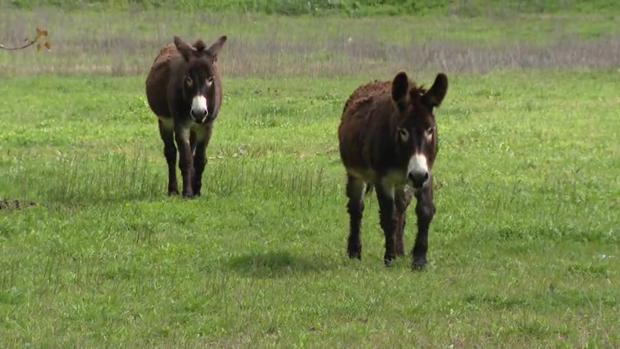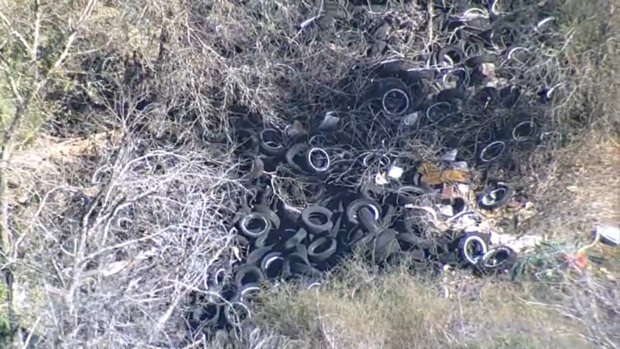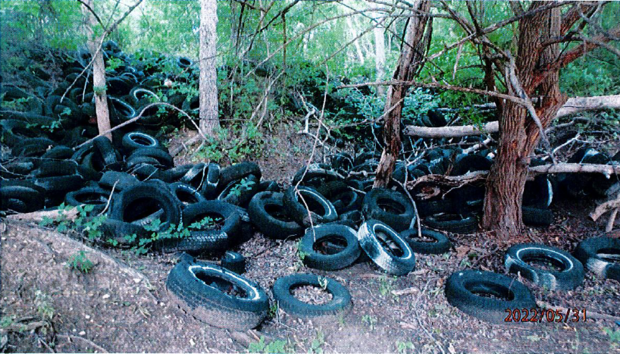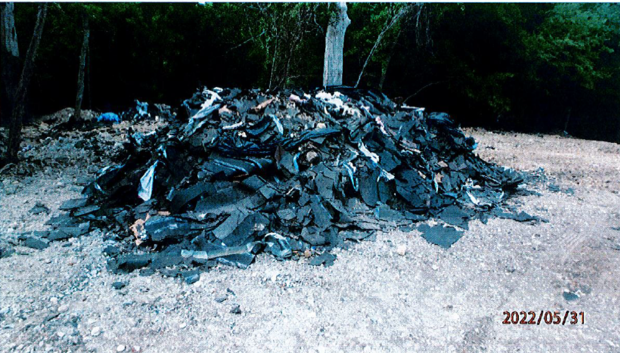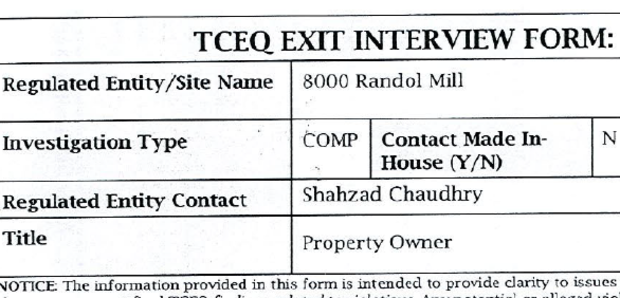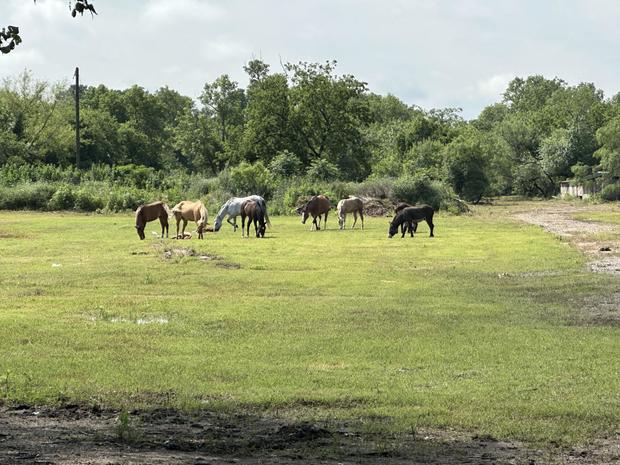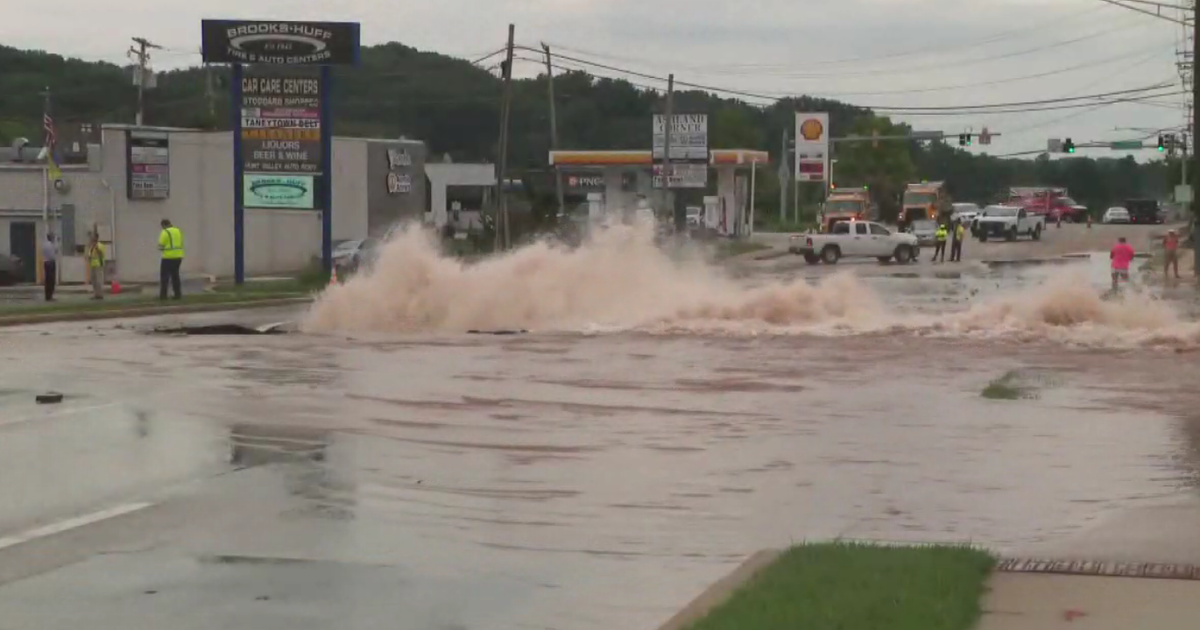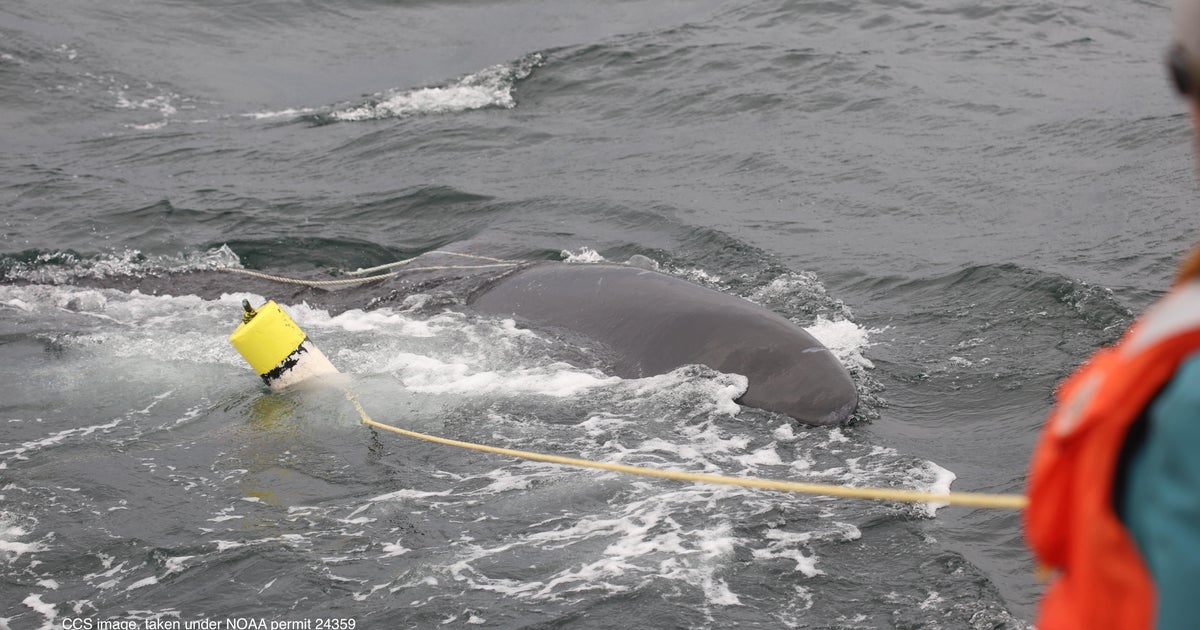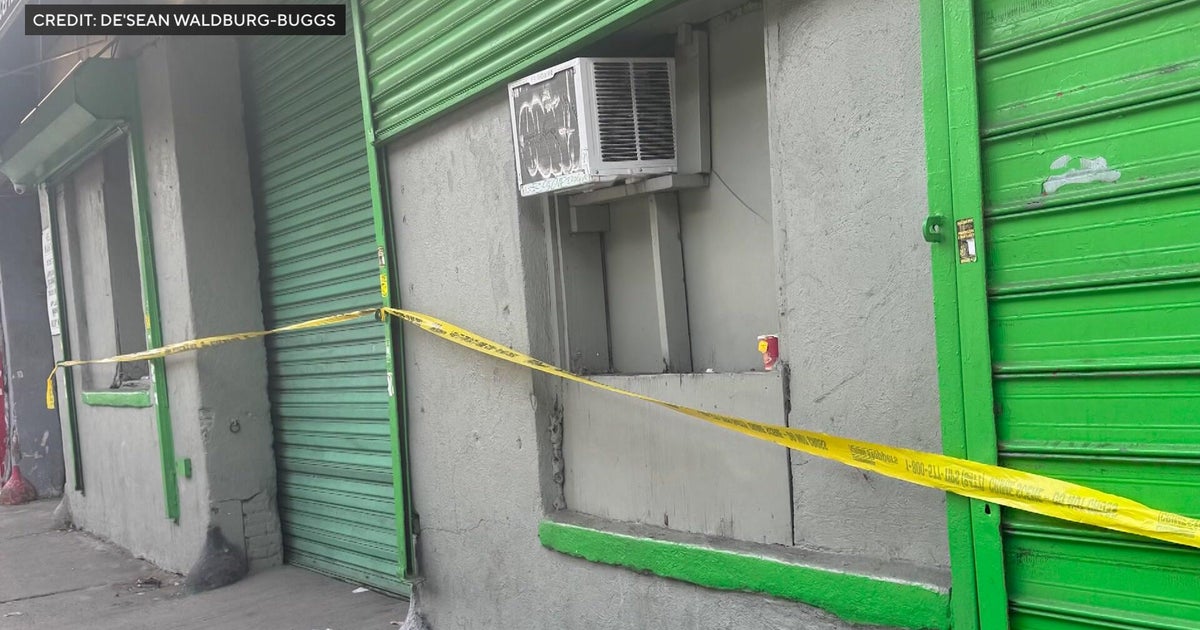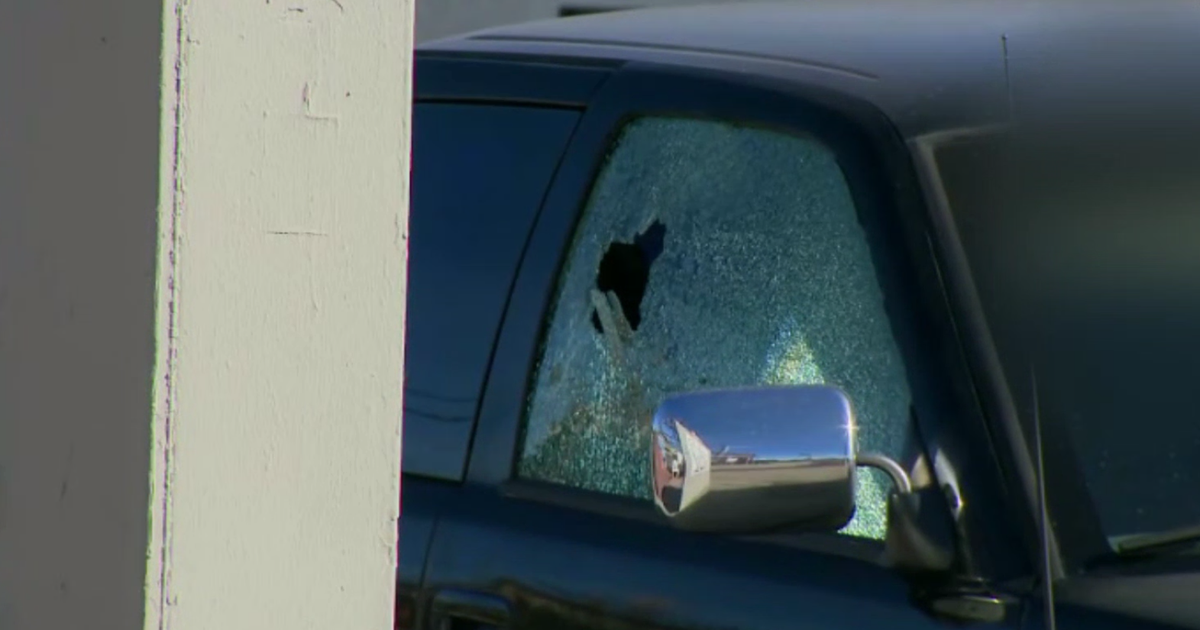Illegal dumping, tax breaks and donkeys; I-Team investigates Fort Worth property
It started with two donkeys.
Nancy, an animal rescue volunteer who didn't want her last name made public, said she received a call that the donkeys had been abandoned on a vacant property in east Fort Worth.
"I was hoping to reach out to the owner of the donkeys," she told the I-Team. "And let's work with the owner to get them in a better spot."
Nancy didn't realize her research into the 70-acre lot on Randol Mill Road would lead her down a rabbit hole.
First, she looked up the property records. The owner was a company called Dorex. There was no phone number or email, and the business address was a home on a quiet street in North Dallas. Even more puzzling, Nancy said, was what she found through the Tarrant Appraisal District.
"That 70 acres is valued at about $1.3 million, and according to the property records that I saw, they paid $127 in property taxes," Nancy said.
The I-Team found the taxes were so low because the property had an agricultural exemption, which is a special valuation for farms, ranches, and other related businesses. The exemption calculates property taxes based on the agricultural production value, not the market value of the land itself. The owner filed an application for the exemption in 2017, listing horses, chickens, and goats on the property. While there was no sign of those animals, and the donkeys are not enough to qualify, the landowner has paid less than $200 in property taxes every year since.
According to Nancy, the biggest surprise came from a man who lived nearby. "He took me in his backyard, and that's when the third bombshell opened," she said. "And I saw mountains of tires, roofing shingles, construction materials, drywall just dumping everywhere."
Aerial footage of the property shows piles of shingles and at least 1,000 tires in a densely wooded area.
Neighbors told the I-Team they have worried about the dump for years.
"There's enough tires and shingles back there to light this whole place on fire," said nearby resident Ramsey Shoufi.
"It's disappointing to know that the city and the TCEQ are allowing the water that leaves that property - where the shingles and debris are - to end up in the Trinity River," said Mary Kelleher, another neighbor.
The I-Team found the city and state are both well aware of the dump site. According to a police report from May 2022, FWPD officers responding to a complaint found shingles piled "approximately 15 to 20 feet" high.
Roland Bell, the supervisor of Fort Worth's environmental investigation unit, was one of the people to tour the site that day. "It was a huge, huge dump," he told the I-Team.
According to Bell, criminal charges for illegal dumping depend on the weight of the materials. Anything up to 1,000 pounds is a misdemeanor. Above that, it's a felony. "There was so much there that we didn't need to get it weighed," he said. "I could stipulate in court that it's over 1,000 pounds."
Fort Worth PD issued an arrest warrant for a man whose name has not been released and called in the Texas Commission on Environmental Quality. TCEQ investigators took photos of the dump and measured the materials in cubic yards.
One cubic yard is about the size of a standard washing machine; According to the TCEQ report, the land held about 1,760 cubic yards of trash and approximately 1,298 scrap tires. Both numbers, the report said, were "conservative estimates" because it was so difficult for investigators to navigate the terrain.
In the summer of 2022, the TCEQ issued notices to the property owner and property manager, ordering both men to clean up everything. Bell believes a job that size could cost up to $1 million.
"Technically, it would be on the property owner. Is he going to be able to afford that? I don't know. I don't know what kind of money he's got," he said.
TCEQ records list the property owner as Shahzad Chaudhry.
Chaudhry is linked to the same address listed for the company Dorex. We went to the home and spoke to a man who said he would pass along our information. We also tried calling several numbers listed in business records related to Chaudhry and the address. None of our calls were returned, but an accountant listed in Dorex filings said Shahzad Chaudhry goes by his nickname, Raja.
A campaign sign for Raja Chaudhry sits in the front yard of the Dorex address. Chaudhry lost the Democratic primary for the 32nd Congressional District in March, but his campaign website is still active. On it, Chaudhry lists his campaign issues, including the environment.
According to the website, "Raja is committed to protecting the environment ... by participating in local clean-up efforts" and "educating others about the importance of environmental stewardship."
Chaudhry's campaign manager gave the I-Team a phone number for the former candidate, but the man who answered denied being Chaudhry and hung up on our producer. In text messages, the man later claimed Chaudhry is not the owner, but said "whatever happened on the property was never authorized, and is getting taken care of."
Business filings show Chaudhry's mother, Shahida Ejaz, is the director of Dorex. The I-Team was unable to reach her, or the property manager listed in the TCEQ report.
After Nancy contacted the Tarrant Appraisal District, the agency requested that the property owner submit a new application for an agriculture exemption. A spokesman for TAD said Dorex submitted the application by the April 30th deadline, and a field inspection is in the process of being scheduled.
While only the donkeys were on the property when the I-Team began investigating in February, in May several men were seen mowing the property and bringing in horses. They would not answer any of our questions.
To qualify for an ag exemption, TAD requires the land to be actively used for farming or ranching purposes for five of the previous seven years. If the property loses its exemption, the owner could owe three years of "rollback" property taxes.
Meanwhile, the dump remains, and so do neighbors' concerns.
"At the end of the day," wonders Shoufi, "who is going to be responsible for this?"
